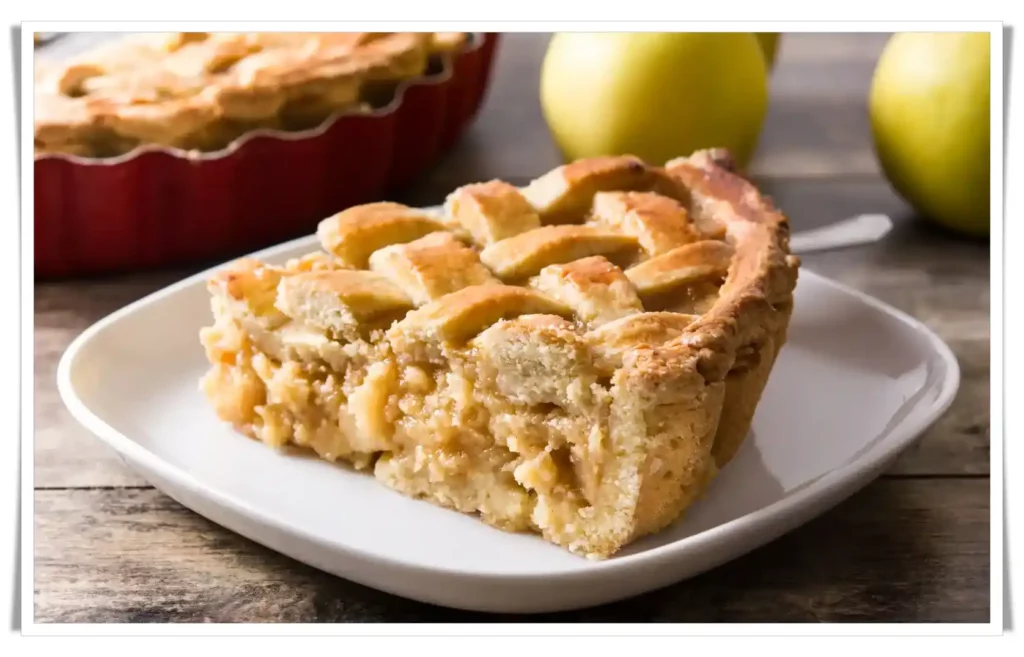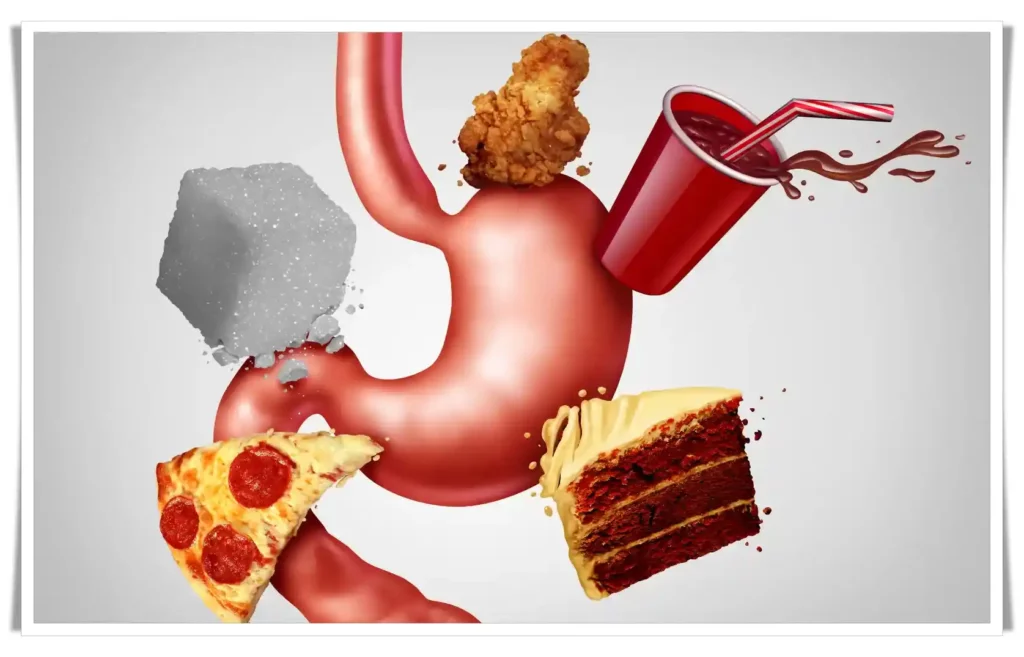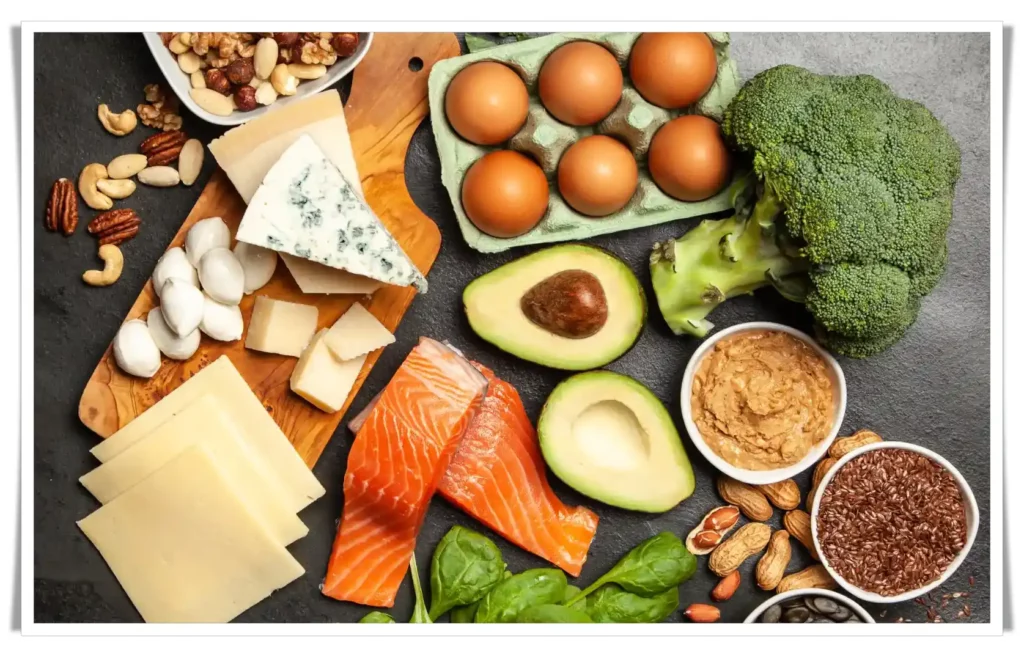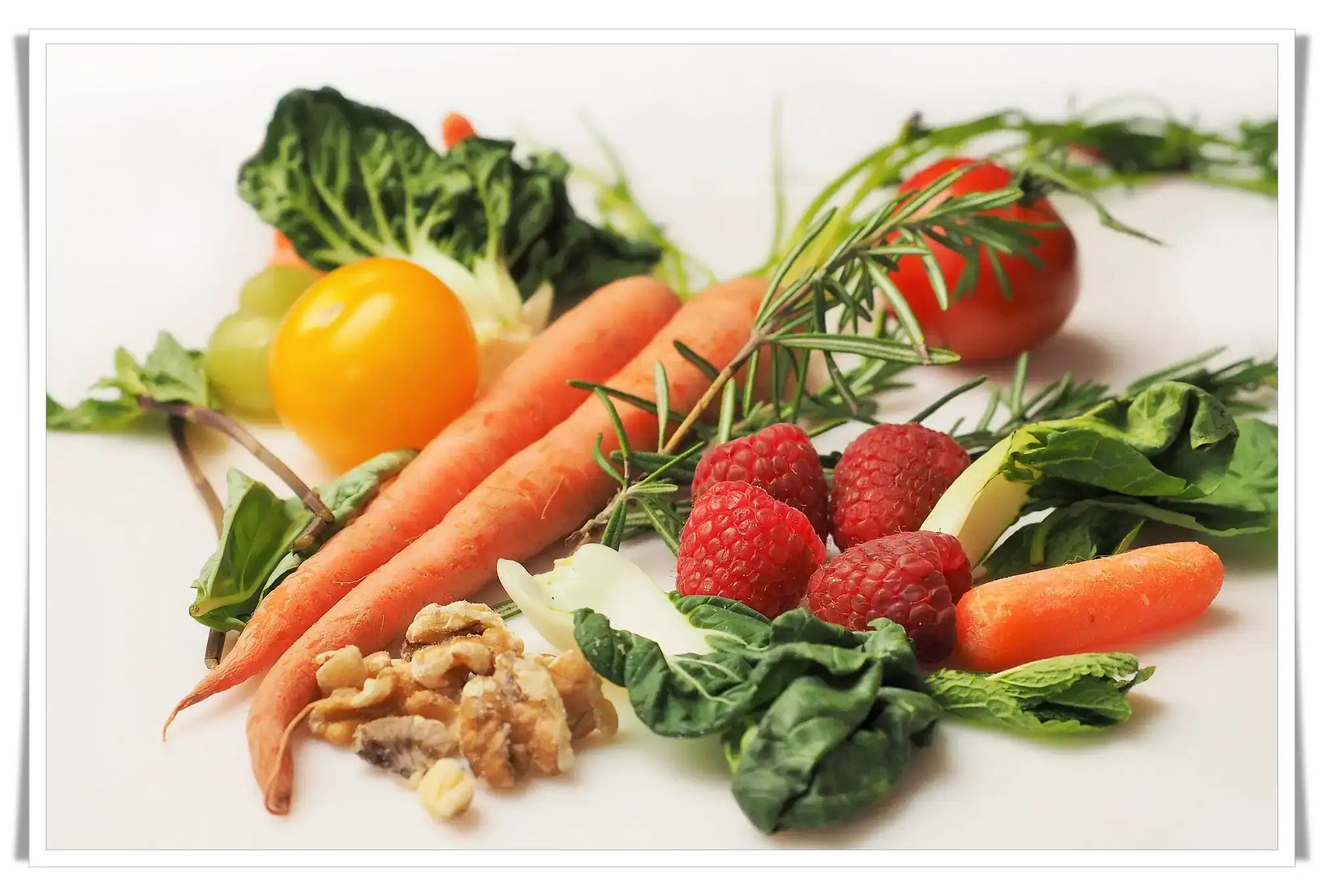Introduction: A Shift Away from Home Cooking
In today's whirlwind of technological advancements and the relentless demands of modern life, we have seen a significant shift away from the age-old tradition of home cooking. It's almost as if the warmth of the stove, the aroma of fresh herbs, and the sound of simmering pots have faded into the background, replaced by the blinding neon lights of drive-thrus and the repetitive jingle of food delivery apps.
Empower Your Health Journey – Explore My Free Apps for a Vibrant, Healthier Lifestyle Today!
For many, the very act of cooking — once considered a cherished ritual passed down through generations — has now been relegated to the occasional weekend or holiday activity. The reasons are not hard to fathom. People juggle multiple roles and responsibilities, often leaving them with little energy or inclination to prepare meals at home. With the proliferation of eateries offering 'quick fixes' and the allure of international cuisines just a click away, the scales have tipped in favor of convenience over tradition.
However, beyond the layers of convenience and instant gratification, lies a significant truth. The process of home cooking, from selecting ingredients to the final presentation, is not just about food. It’s about nourishment, connection, and well-being.
Nutritional Value in Home Cooking
Navigating the landscape of today's food choices can be a daunting task. With countless options available at every corner, it's easy to fall prey to the allure of convenience. Yet, when we take a step back and choose to embrace the sanctuary of our kitchens, we reclaim not just the joy of cooking but also the nutritional integrity of our meals.
Being at the helm of your kitchen grants you unparalleled control over every aspect of your food. From the sourcing of ingredients to the methods of preparation, the choices are yours to make. Home cooking allows you the privilege to handpick the freshest produce, the leanest cuts of meat, and the most aromatic herbs and spices. This not only enhances the flavor profile of your dishes but ensures that you are consuming foods brimming with vitality.
Fast-food chains, with their mass production strategies, often compromise on ingredient quality for the sake of cost and shelf life. The result? Meals that are laden with trans fats, excessive salt, high-fructose corn syrup, and a plethora of preservatives that offer little to no nutritional value. Over time, regular consumption of such foods can lead to various health issues, ranging from obesity to cardiovascular diseases.
In stark contrast, home-cooked meals, when thoughtfully prepared, become a powerhouse of nutrition. They provide a balanced symphony of vitamins, minerals, fibers, and antioxidants that our bodies need to function optimally. By consciously choosing whole grains over refined ones, incorporating a colorful array of vegetables, or opting for unsaturated fats, we can craft meals that nourish both the body and soul.
Moreover, innovations in kitchen technology, like the instant pot, have further simplified the cooking process. These tools empower even the busiest individuals to prepare dishes that are both delectable and nutritionally dense in a fraction of the time.
In essence, the act of home cooking is an investment—one that pays dividends in the form of health, well-being, and the sheer joy of savoring a meal made with love and intention.
Relevant Scientific Study Summary
- Title of Study: "Is cooking at home associated with better diet quality or weight-loss intention?"
- Publication: Public Health Nutrition, 2015
- Researchers: Wolfson, Julia A., and Sara N. Bleich
- Objective: Analyze the association between the frequency of cooking at home and diet quality.
- Participants: Over 400 Seattle-area adults.
A study published in the journal Public Health Nutrition found that people who frequently cook dinner at home consume a healthier diet than those who cook less frequently. The research, carried out by researchers from the University of Washington School of Public Health, analyzed data from more than 400 Seattle-area adults. The results indicated that individuals who cooked dinner at home more than five times a week had an intake of nearly 200 fewer calories daily, consumed less sugar, and had fewer carbohydrates compared to those who cooked dinner at home three times or less per week. Moreover, regular home cooks also consume fewer calories when they eat out.
This study underscores the health benefits of home cooking, suggesting that the practice of preparing food at home can steer people towards a healthier diet, free from the excess sugars, fats, and processed ingredients commonly found in commercially prepared meals.
For a comprehensive understanding of the study's methodology, results, and implications, the complete research can be accessed at Wolfson, Julia A., and Sara N. Bleich. "Is cooking at home associated with better diet quality or weight-loss intention?." Public Health Nutrition 18.8 (2015): 1397-1406.
The Freshness Factor: Knowing What's on Your Plate
In a world where the origins of our food often remain a mystery, the act of home cooking offers a unique perspective. It grants us the privilege of tracing our meals back to their roots—quite literally. Central to this is the freshness factor, which stands as one of the most compelling advantages of preparing meals in our kitchens.

When we talk about freshness in the context of home cooking, we're delving into a myriad of benefits, both in terms of taste and health. Preparing a meal with freshly procured ingredients not only elevates its flavor profile but also ensures that the nutrients remain intact. The longer food items sit out, especially after being harvested or processed, the more they lose their nutritional value. In contrast, home-cooked dishes, made from ingredients that were recently sourced, retain a higher concentration of vitamins, minerals, and antioxidants.
Furthermore, the choice of ingredients plays a pivotal role. By opting for organically grown produce or free-range meats, we reduce the risk of introducing our bodies to harmful pesticides, antibiotics, and hormones. These are often used in commercial farming to boost production but can have adverse effects on human health when consumed regularly.
Another significant aspect is the avoidance of harmful additives and preservatives. Processed foods, which are a staple in many fast-food chains and ready-to-eat meals, are riddled with artificial preservatives, flavor enhancers, and colorings. While these may prolong shelf life or enhance taste, they can also pose health risks in the long run. Home cooking, with its emphasis on fresh and natural ingredients, minimizes our exposure to these potentially harmful substances.
In essence, the act of cooking at home is akin to taking a deep dive into the very essence of our food. It's about understanding, appreciating, and leveraging the purity and authenticity of each ingredient, ensuring that every bite we take is not only delicious but also nourishing in the truest sense.
Fast Food vs. Home Cooking: A Health Overview
The contemporary culinary landscape presents a stark dichotomy: the allure of fast food's quick, tantalizing fixes versus the wholesomeness of home-cooked meals. While each has its place in today's bustling society, understanding the health implications of both is crucial for making informed dietary choices.
The Fast Food Phenomenon:
Fast-food chains, with their ubiquitous presence, cater to the modern-day need for speed and convenience. With a promise of serving meals in mere minutes, they have woven themselves into the fabric of urban lifestyles. Yet, beneath the glossy advertisements and savory aromas lies a less appetizing truth.
- Compromised Ingredients: Fast-food chains often prioritize cost-efficiency over ingredient quality. This could mean utilizing processed meats, pesticide-laden produce, or non-organic dairy, all of which can have detrimental health effects.
- Nutritional Shortfalls: Fast foods are frequently calorie-dense but nutritionally sparse. They might satiate hunger quickly but often fall short of providing the full spectrum of nutrients our bodies need. This results in consumers ingesting excessive salts, sugars, and unhealthy fats without getting adequate vitamins, minerals, and fibers.
- Long-Term Health Implications: Regularly indulging in fast food can pave the way for numerous health concerns. Elevated cholesterol, high blood pressure, and insulin resistance are just the tip of the iceberg. The more alarming issue is the rising prevalence of obesity, particularly in children, attributed in part to frequent fast-food consumption.

The Home Cooking Advantage:
In contrast, home cooking stands as a beacon of health and well-being.
- Ingredient Control: Cooking at home offers complete control over ingredient selection, ensuring meals are tailored to one's health preferences and dietary needs.
- Balanced Nutrition: Home-cooked meals can be crafted to offer a balanced nutrient profile, ensuring that our bodies receive what they need for optimal function.
- Wholesome Benefits: Beyond mere nutrition, home-cooked meals foster healthier eating habits, encourage portion control, and instil a deeper appreciation for food.
In conclusion, while fast food may save time, its health costs can be significant. On the other hand, home cooking, with its myriad benefits, proves to be not just a culinary endeavor but a wholesome experience, promoting physical health and nourishing the soul.
The Healthy Gut: Connecting the Dots
The human gut is often likened to a second brain, given its profound influence on overall well-being. It's not merely a digestive organ; it's an intricate ecosystem teeming with trillions of microorganisms that play an essential role in our health. These beneficial bacteria thrive in a balanced environment, and the food we eat plays a pivotal role in creating that harmony.
Enter home-cooked meals.
When we think of home cooking, we often envision a lovingly prepared plate of food. However, beyond its taste and warmth, such food has the power to cultivate a flourishing gut environment.

- Variety is Key: The gut's microbiota flourishes on diversity. Consuming a varied diet ensures that different beneficial bacteria get their preferred nutrients. Home cooking, with its endless potential for diverse meals and ingredients, provides this variety effortlessly. Be it grains, proteins, vegetables, or spices; every meal can be a new combination, beneficial for the gut.
- Nutrient Density: Essential fibers, vitamins, and minerals are crucial for a healthy gut. They act as prebiotics, feeding the good bacteria and ensuring their proliferation. With home cooking, you have the power to choose whole grains over refined ones, fresh vegetables over canned, and lean meats over processed ones. These choices amplify the nutrient density of every bite, directly benefiting gut health.
- Fewer Preservatives, Happier Gut: Commercially processed foods often contain preservatives that can disrupt the gut's bacterial balance. Some additives have been shown to reduce the number of beneficial bacteria, leading to digestive issues. Home-cooked meals, on the other hand, often come with minimal to no additives, ensuring the gut's microbiota remains undisturbed.
- The Fermentation Advantage: Home cooking also opens doors to the world of fermented foods like yogurt, kimchi, and sauerkraut. These are rich in probiotics, introducing beneficial bacteria directly into the gut.
Table: Benefits of Home Cooking vs. Fast Food
| Aspect | Home Cooking | Fast Food |
|---|---|---|
| Nutrition | Higher in essential nutrients | Often lacks vital nutrients |
| Preservatives | Minimal to none | High in preservatives and additives |
| Caloric Content | Can be controlled and balanced | Typically higher in calories |
| Cost | Can be more cost-effective in the long run | Might seem cheaper but adds up |
| Sources | Harvard Study on Home Cooking | Fast Food Nutritional Facts |
FAQs about Home Cooking and Health Benefits
Q: How does home cooking impact my overall calorie intake?
A: Home cooking allows you to have control over ingredients and portion sizes, often leading to reduced calorie intake compared to eating out, especially at fast-food restaurants.
Q: What about the time it takes to cook at home?
A: While cooking at home may require an initial time investment, with practice and proper meal planning, you can create efficient routines that fit your schedule. Plus, many quick and healthy recipes are available that take under 30 minutes to prepare.
Q: Is the nutritional quality truly better with home-cooked meals?
A: Yes, home cooking allows you to choose fresh and high-quality ingredients, avoid unhealthy additives, and control cooking methods, resulting in nutritionally superior meals.
Q: What if I'm not skilled in cooking?
A: Everyone starts somewhere! Begin with simple recipes, gradually expanding your repertoire. With time and practice, you'll gain confidence and skills in the kitchen.
Q: How can I ensure a variety of nutrients in my home-cooked meals?
A: Aim to include a range of food groups in your meals: proteins, whole grains, fruits, vegetables, and healthy fats. Experimenting with different cuisines and recipes can also introduce diverse nutrients to your diet.
Q: Are there mental or emotional benefits to cooking at home?
A: Absolutely! Many people find cooking therapeutic and a way to express creativity. Sharing home-cooked meals can also foster deeper connections with family and friends, enhancing emotional well-being.
Conclusion: The Choice is Yours
Navigating the modern world often feels like a race against time, with convenience frequently taking precedence over quality. However, when it comes to our health and well-being, some choices warrant a pause, a moment of reflection.
Home cooking, often seen as a nostalgic reminder of times past, holds relevance now more than ever. Its advantages extend beyond the tangible aspects of nutrients and calories. It's about a connection—a bond formed with the food we eat, the hands that prepare it, and the people we share it with.
By choosing to cook at home, we not only foster a healthier relationship with our food but also cultivate a lifestyle that prioritizes well-being. It’s a holistic approach, where the act of preparing a meal becomes a meditative ritual, grounding us in the present and nourishing our bodies and souls.

As we stand at the crossroads of convenience and health, the decision is indeed ours to make. Will we be swayed by the fleeting allure of quick, processed meals? Or will we anchor ourselves in the timeless tradition of home cooking, reaping its myriad benefits?
The choice is clear for those seeking not just physical wellness, but a richer, more connected, and fulfilling life. Embrace home cooking, celebrate its essence, and let its magic unfold in every delicious, health-infused bite.
Call to Action:
What are your thoughts on the importance of home cooking? Share your experiences and favorite recipes in the comments below. Also, if you found this topic fascinating, check out another related article - To Lose Weight on the Scale, You Need to Gain Weight in Your Everyday Life, and my YouTube video on The Impact of Fats on Weight Loss. Understanding the Differences Between Good and Bad Fats.





I like the efforts you have put in this, regards for all the great content.
I’m often to blogging and i really appreciate your content. The article has actually peaks my interest. I’m going to bookmark your web site and maintain checking for brand spanking new information.
How lovely! This is a really fantastic piece of writing. Much obliged for the information you have supplied.
Somehow, I stumbled upon this, and I thought it was a fantastic post.
Good post! We will be linking to this particularly great post on our site. Keep up the great writing
I do not even understand how I ended up here, but I assumed this publish used to be great
I appreciate you sharing this blog post. Thanks Again. Cool.
Good post! We will be linking to this particularly great post on our site. Keep up the great writing
Pretty! This has been a really wonderful post. Many thanks for providing these details.
I just could not depart your web site prior to suggesting that I really loved the usual info an individual supply in your visitors Is gonna be back regularly to check up on new posts
Usually I do not read article on blogs however I would like to say that this writeup very compelled me to take a look at and do it Your writing style has been amazed me Thank you very nice article
What I don’t understand is how you’re not more popular than you’re right now. You’re smart, and you know so much about this topic that I think I could believe it from many angles. It’s like men and women aren’t interested until it’s about Lady gaga. Your stuffs great.
Wonderful website. I’m sending it to some friends and also sharing in yummy. Thanks for your work.
Thank you for the fortunate post. It was rather entertaining. I look forward to more from you. How can we get in touch with you?
Usually I do not read article on blogs however I would like to say that this writeup very compelled me to take a look at and do it Your writing style has been amazed me Thank you very nice article
I do trust all the ideas you’ve presented in your post. They are really convincing and will definitely work. Nonetheless, the posts are too short for newbies. May just you please lengthen them a bit from next time? Thank you for the post.
I loved even more than you will get done right here. The picture is nice, and your writing is stylish, but you seem to be rushing through it, and I think you should give it again soon. I’ll probably do that again and again if you protect this hike.
I just could not depart your web site prior to suggesting that I really loved the usual info an individual supply in your visitors Is gonna be back regularly to check up on new posts
It was great seeing how much work you put into it. Even though the design is nice and the writing is stylish, you seem to be having trouble with it. I think you should really try sending the next article. I’ll definitely be back for more of the same if you protect this hike.
I was recommended this website by my cousin I am not sure whether this post is written by him as nobody else know such detailed about my difficulty You are wonderful Thanks
Wow, wonderful blog layout! How long have you been blogging for?
you make running a blog look easy. The total look of
your website is great, as smartly as the content! You can see similar: dobry sklep and here sklep internetowy
Hello! Quick question that’s entirely off topic.
Do you know how to make your site mobile friendly?
My blog looks weird when viewing from my iphone. I’m trying to find a template or plugin that
might be able to fix this issue. If you have any suggestions, please share.
Many thanks! I saw similar here: sklep internetowy and
also here: sklep internetowy
helloI like your writing very so much proportion we keep up a correspondence extra approximately your post on AOL I need an expert in this space to unravel my problem May be that is you Taking a look forward to see you
I was excited to find this website. I need to to thank you for
ones time just for this wonderful read!! I definitely enjoyed every little bit of it and I have you bookmarked to check out new information in your web site.
I saw similar here: Najlepszy sklep